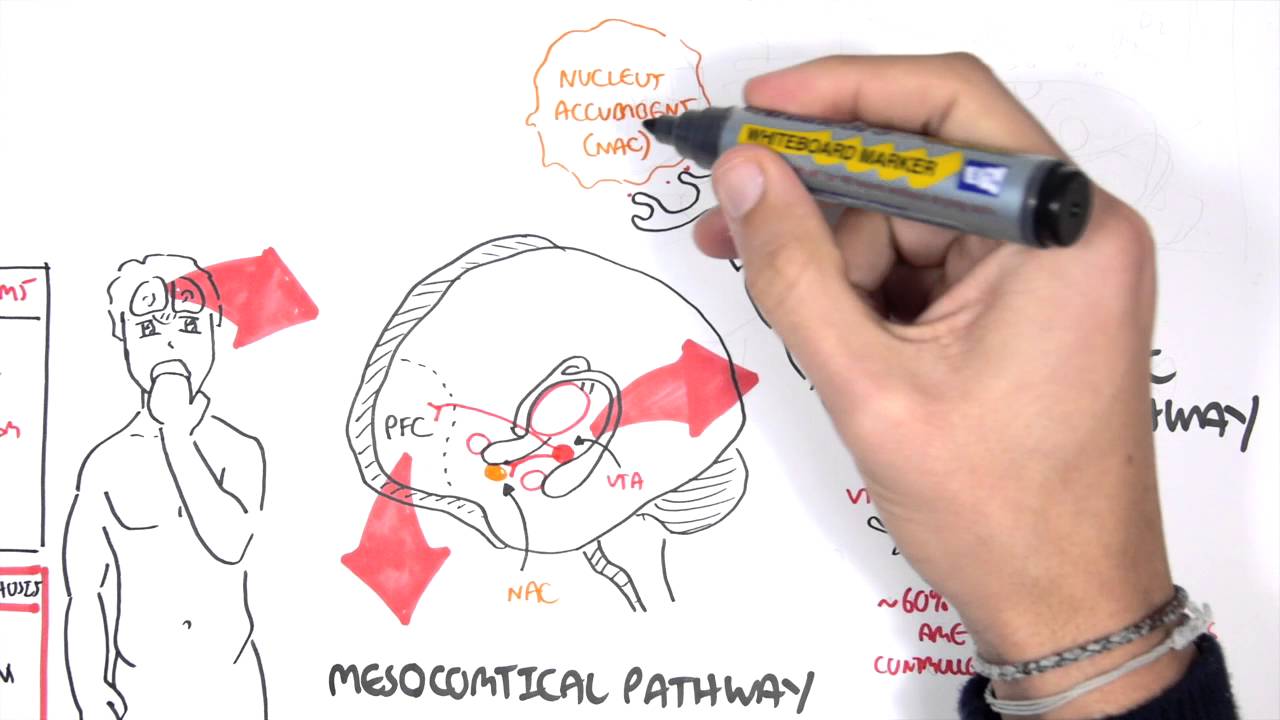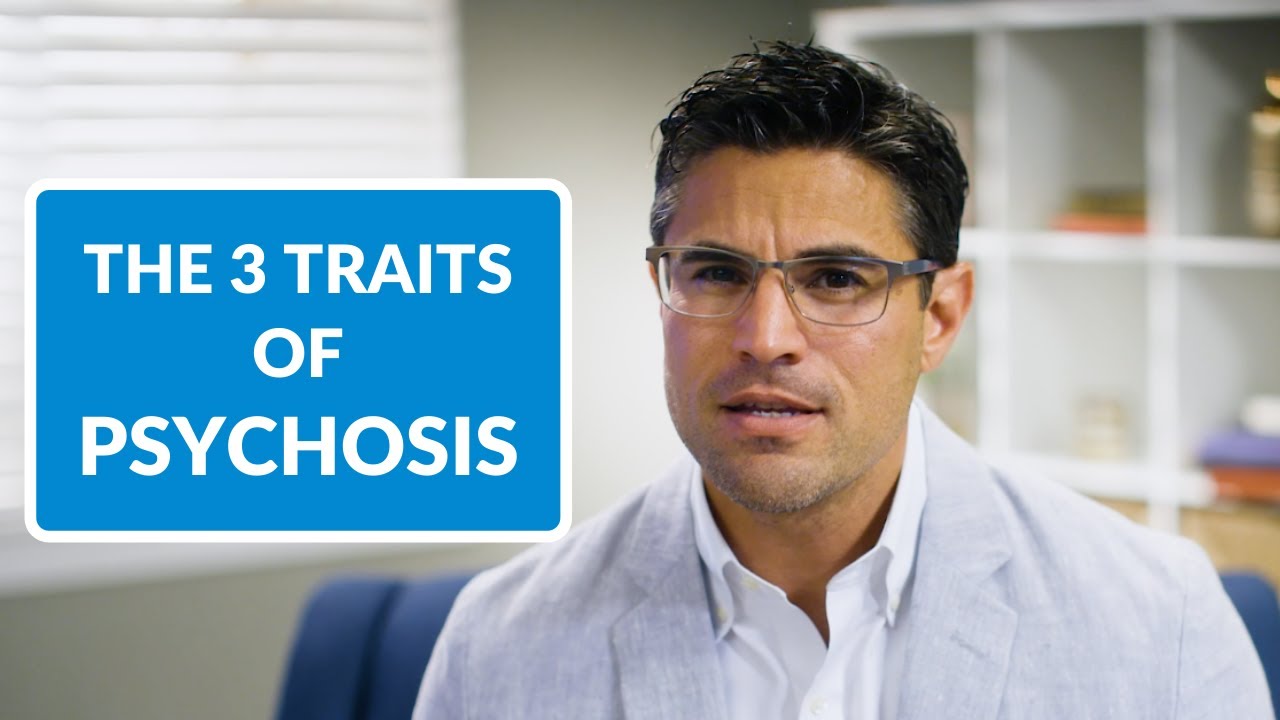Understanding the psychotic definition is critical for parents, especially when facing the heart-wrenching reality of addiction. It comes from the Greek words “psyche,” meaning ‘soul’ or ‘mind,’ and “osis,” which indicates a condition. Essentially, it refers to a mental state where someone is disconnected from reality. This might surface as hallucinations, delusions, or disorganized thoughts. The psychotic definition encompasses various disorders, including schizophrenia, bipolar disorder in manic phases, and schizoaffective disorder.
In the mental health field, psychosis is categorized as a significant symptom rather than a standalone condition, highlighting its severe complexity. For parents watching their children grapple with substance use, recognizing these symptoms can be life-changing. Many teens or young adults battling addiction may show signs that mimic psychosis, creating confusion and fear. Understanding the nuances of the psychotic definition can help families navigate these turbulent waters, creating avenues for intervention and support.
When faced with these situations, the emotional turmoil can be overwhelming. As a community, it’s vital to rally around families, offering understanding and guidance. Through compassion and knowledge, we can help each other and foster resilience. Parents, you aren’t alone in this journey.

Five Key Traits of Psychosis: Severe Synonyms and Their Implications
Psychosis isn’t just a single experience but a constellation of traits that can severely disrupt a person’s life. Below, we’ll explore five key traits associated with psychosis, along with severe synonyms to illustrate their gravity:
These traits serve as reminders of the severe implications psychosis can have on an individual and their loved ones. It’s vital to approach these situations with understanding and resources.

The Relationship Between Addiction and Psychosis: A Deep Dive
The convergence of addiction and psychosis paints a complicated picture. Studies reveal that certain substances can trigger psychotic episodes. For example, amphetamines and hallucinogenic drugs like LSD can induce temporary but intense changes in perception and thought, closely resembling psychotic symptoms.
Moreover, research underscores that individuals already predisposed to mental health issues may see exacerbated symptoms when using substances. For instance, findings published in the Journal of the American Medical Association in 2020 highlighted that those with a substance abuse history may be at increased risk for lingering psychotic disorders. Parents, it’s essential to understand this relationship—what might start as mood swings or withdrawal can escalate into more serious mental health crises.
Awareness serves as a first step toward prevention and intervention. By educating ourselves, we can better support our children. It’s heartbreaking to witness your child struggle with addiction, but by recognizing the potential overlap with mental health issues, you can catalyze necessary conversations about treatment and recovery.

The Importance of Early Intervention in Psychotic Disorders
The need for early intervention can’t be overstated. Identifying signs of psychosis early significantly enhances the potential for a positive outcome. Early programs focused on psychosis, like those in Australia, concentrate on timely support, therapy, and family involvement.
Research consistently indicates that an early approach can lead to improved recovery outcomes, fewer hospitalizations, and an overall better quality of life. Parents and caregivers can play an integral role in observing their loved ones and facilitating swift access to mental health resources. Jumping on the opportunity for early intervention could mean the difference between despair and recovery.
When you notice changes, be proactive. Encourage open dialogue, express concern with love, and seek professional help. Early intervention must be part of every family’s toolkit, especially for those teetering on the edge of addiction and mental health challenges.

Psychotic Disorders and Stigma: Breaking the Cycle
Despite growing awareness in recent years, stigma surrounding psychotic disorders remains a significant hurdle. Often, psychosis is mistakenly associated with danger or criminal behavior, thanks to media portrayals that sensationalize these conditions. This misrepresentation can reinforce fear, causing families to hesitate in seeking help for their loved ones.
Campaigns like “Time to Change” in the UK have taken courageous strides to confront this stigma. By sharing lived experiences and highlighting the reality of recovery, these initiatives foster understanding and empathy toward those affected. Valuable narratives remind families that recovery is possible, and there is an entire community ready to support them.
Breaking down stigma is essential to help those struggling with psychosis feel safe in reaching out for help. When we talk about these challenges openly, we empower others to recognize that seeking help is an act of courage, not weakness.

Moving Forward: Fostering Understanding and Support
Understanding the psychotic definition and its complexities is crucial, especially for those navigating the labyrinth of addiction and mental health difficulties. Together, by encouraging open conversations, advocating for early intervention, and combating stigma, we can cultivate a more supportive environment for those affected.
Equipping yourself with knowledge and resources is key. Empathy married with accurate information about the realities of psychosis can empower families to traverse challenges and inspire hope and healing. It’s vital to remember that you don’t have to endure this alone. Reach out, seek support, and stay informed.
As we unite in kindness and understanding, we pave the way for a brighter future—both for our children and for ourselves. You can learn more about managing stress and anxiety as you navigate this journey by visiting our resources on How To deal With stress and How To stop anxiety. Remember, you are not alone, and together, we can break the cycle of addiction and mental health stigma.
Psychotic Definition Explained for Better Understanding
Understanding the psychotic definition can lead to some intriguing discoveries. For instance, the portrayal of psychosis in films often reflects society’s perceptions and fears, much like what one might find in Cortaran, where the thin lines of reality blur. It’s fascinating how art can mirror life, especially when it comes to mental health issues. Did you know that nearly 1 in 100 people worldwide experience psychosis? That’s a staggering statistic that shows just how prevalent these conditions are, often misunderstood by both the public and those affected.
The Many Faces of Psychosis
Delving deeper, it’s crucial to recognize the different forms of psychosis, including those related to other mental health disorders. For example, the psychotic definition can encompass symptoms found in individuals dealing with conditions like bipolar disorder, illustrating that mental health isn’t a one-size-fits-all situation. The link between mental illness and addiction is another vital point; someone grappling with substance use might face situations that tip them toward experiencing psychotic episodes. Personal stories behind these struggles are often highlighted in shows like Silco Arcane, capturing how addiction complicates mental health, sometimes leading to a path of self-destruction.
Facts to Keep in Mind
Did you know that early intervention can dramatically improve outcomes for those dealing with psychosis? Catching the signs early can be a game-changer, much like hitting the zenith el Primero in your endeavors! This touch of trivia underscores the importance of awareness and education in addressing mental health challenges. Helping loved ones who might be experiencing psychosis, especially if they’re also struggling with addiction to substances like Tramal, can create a support system they desperately need. Awareness and understanding, as laid out in various definitions, are how we empower ourselves and others.
As we wind down, remember that understanding the psychotic definition isn’t just about memorizing terms; it’s about recognizing these conditions for what they are—and seeing the human experience behind them. Armed with this knowledge, one can tackle stigma head-on, fostering an environment that promotes healing, understanding, and compassion. So let’s keep the dialogue open and acknowledge the fight against addiction, alongside mental health challenges, because together, we can make a difference.




























